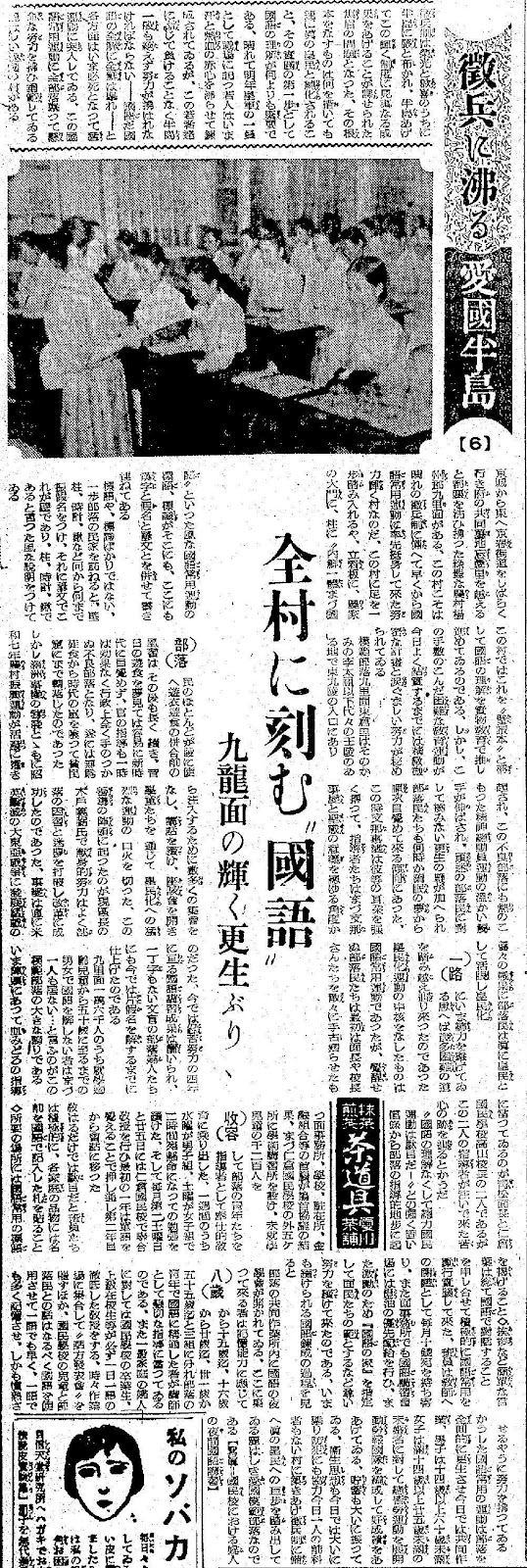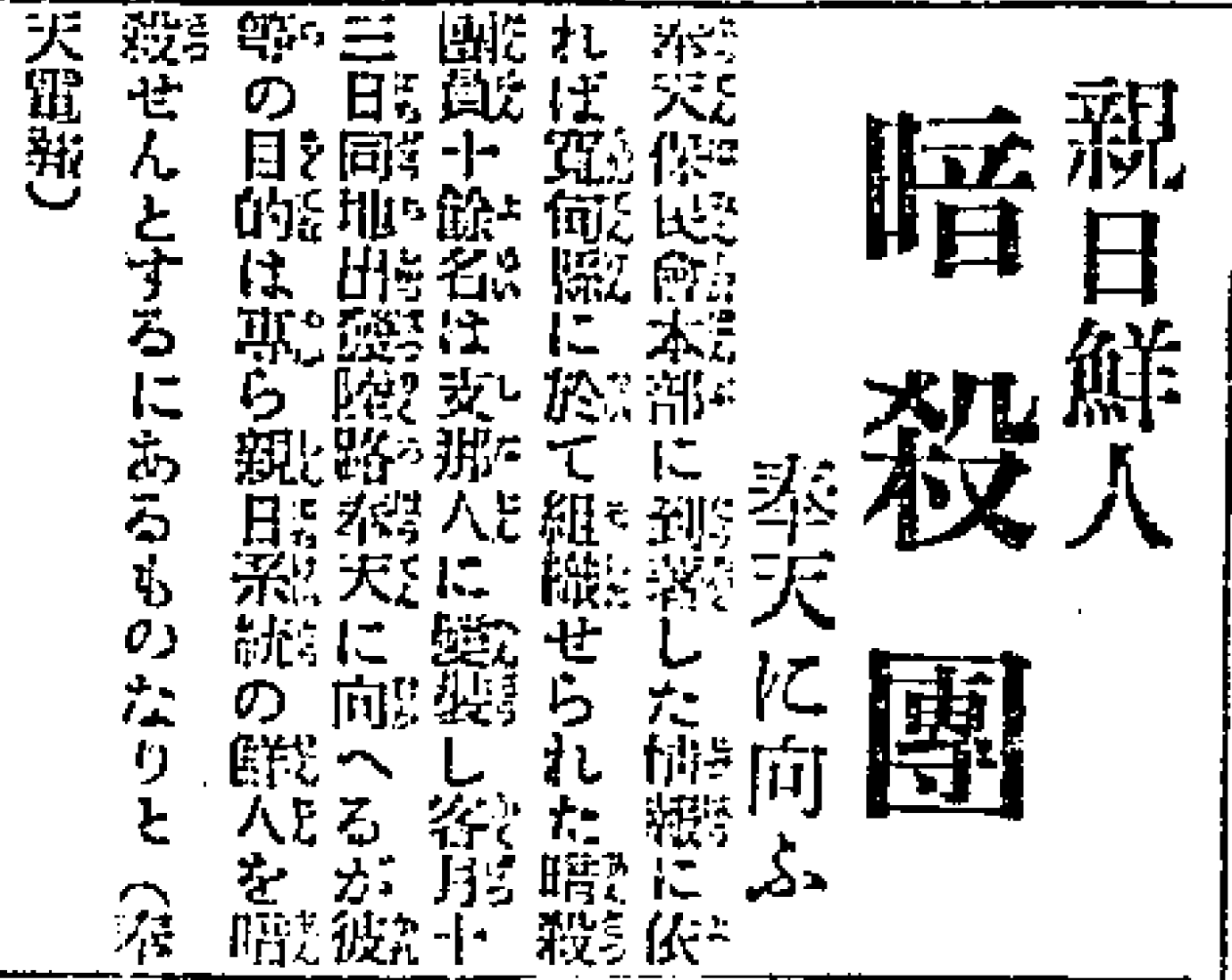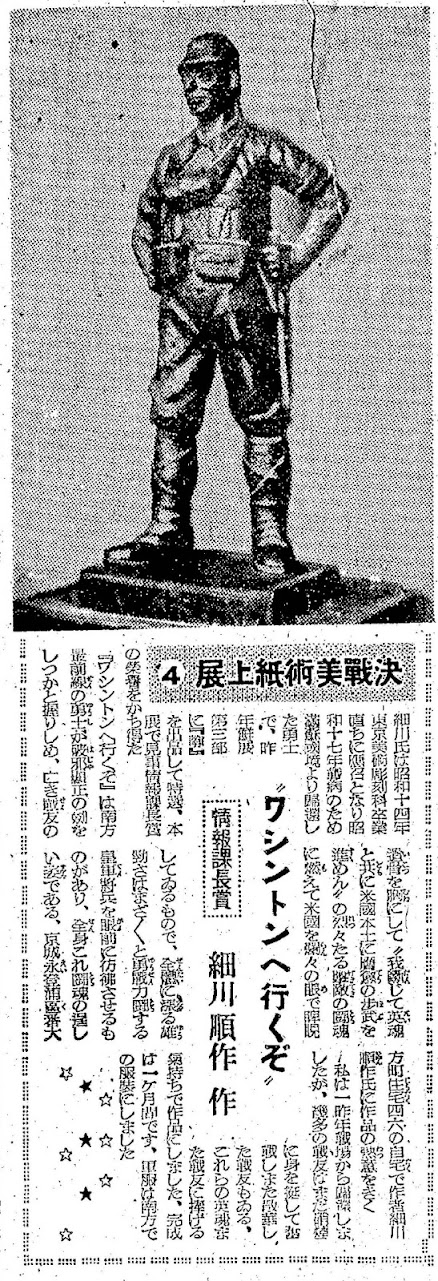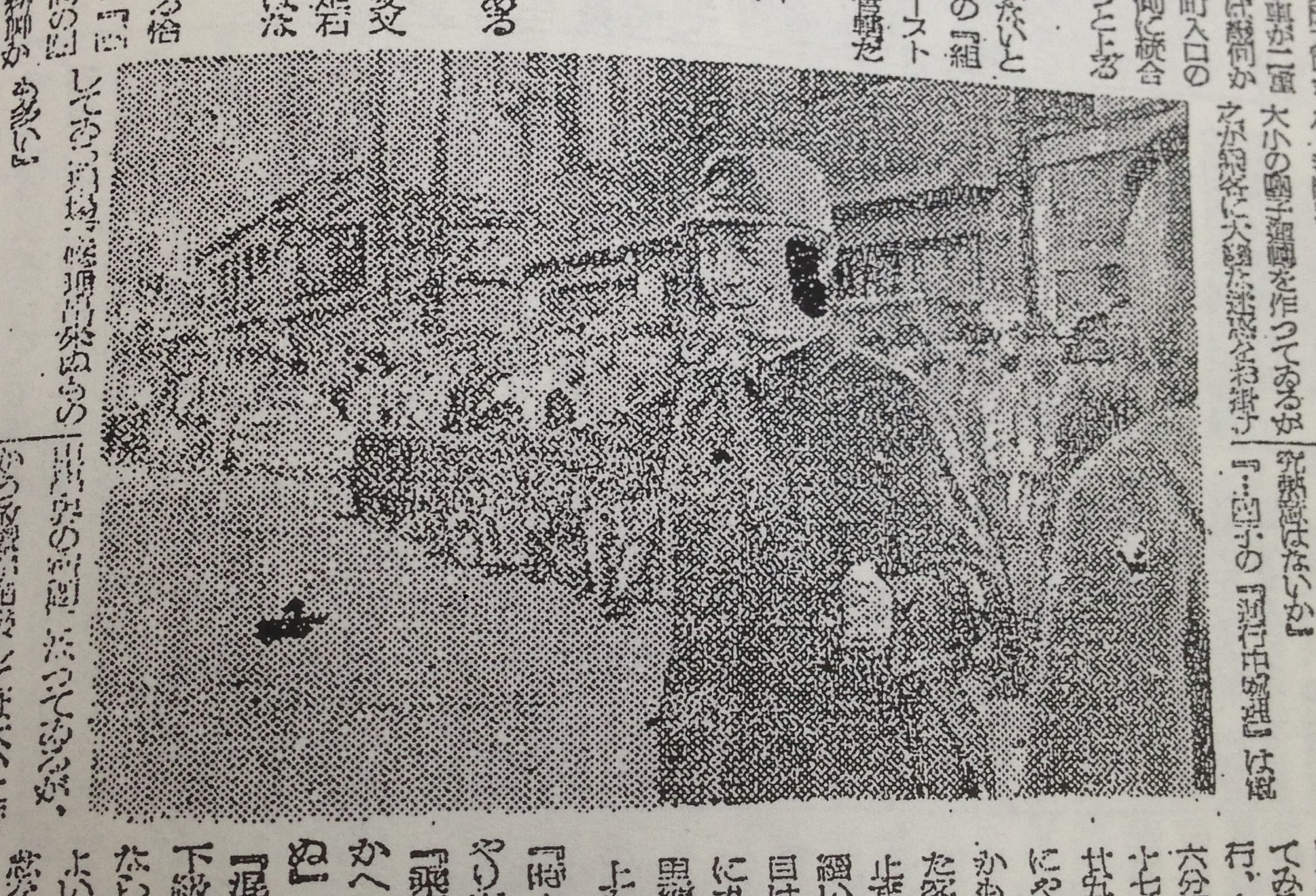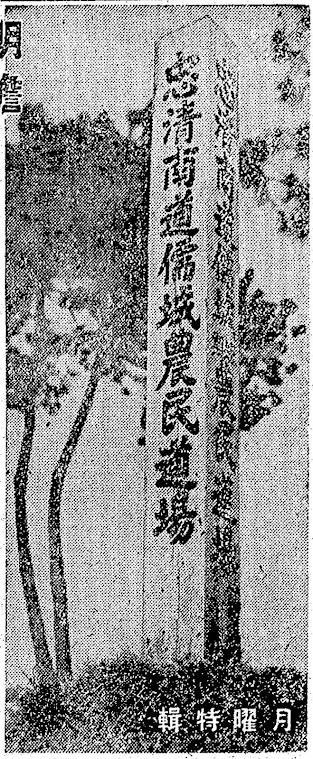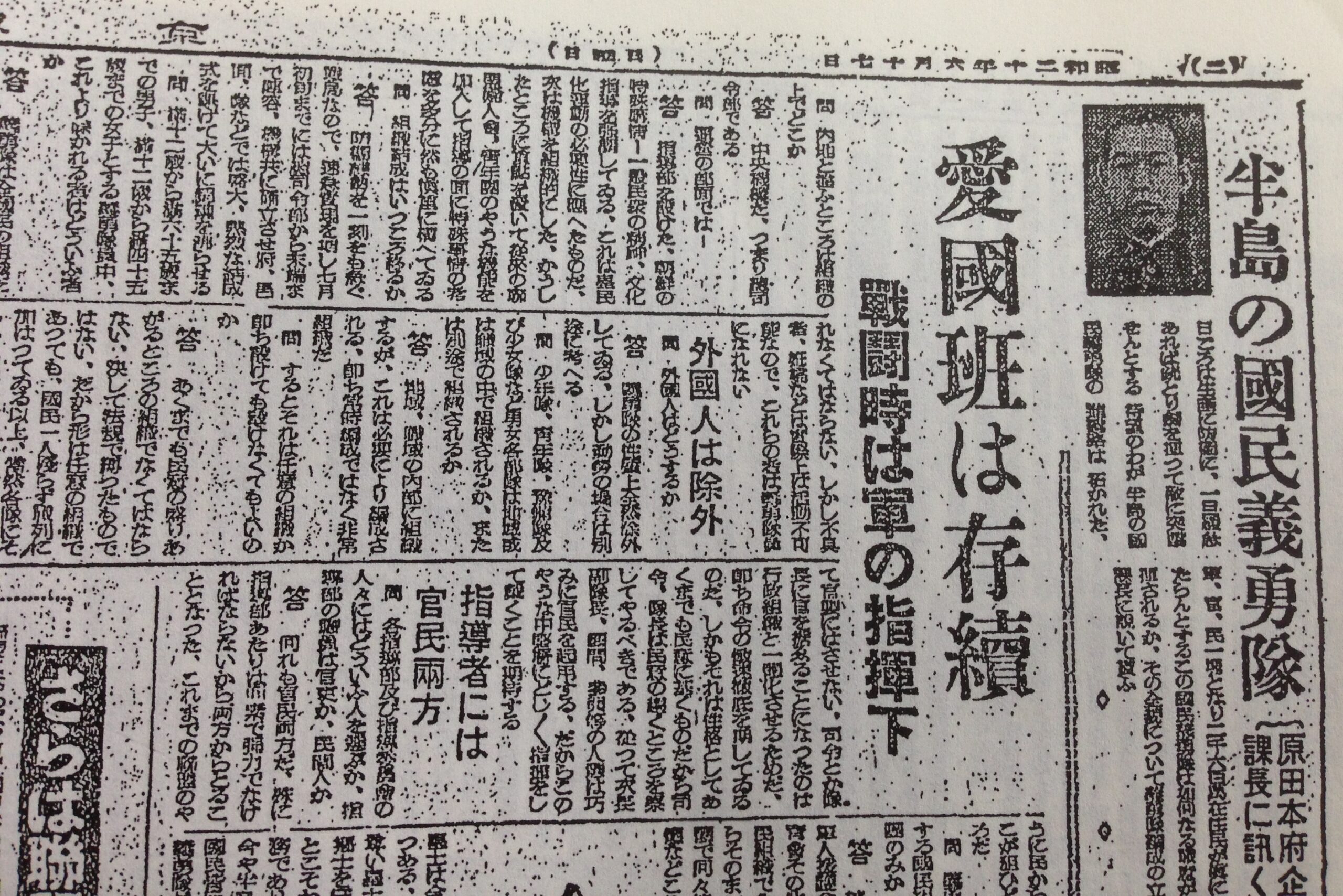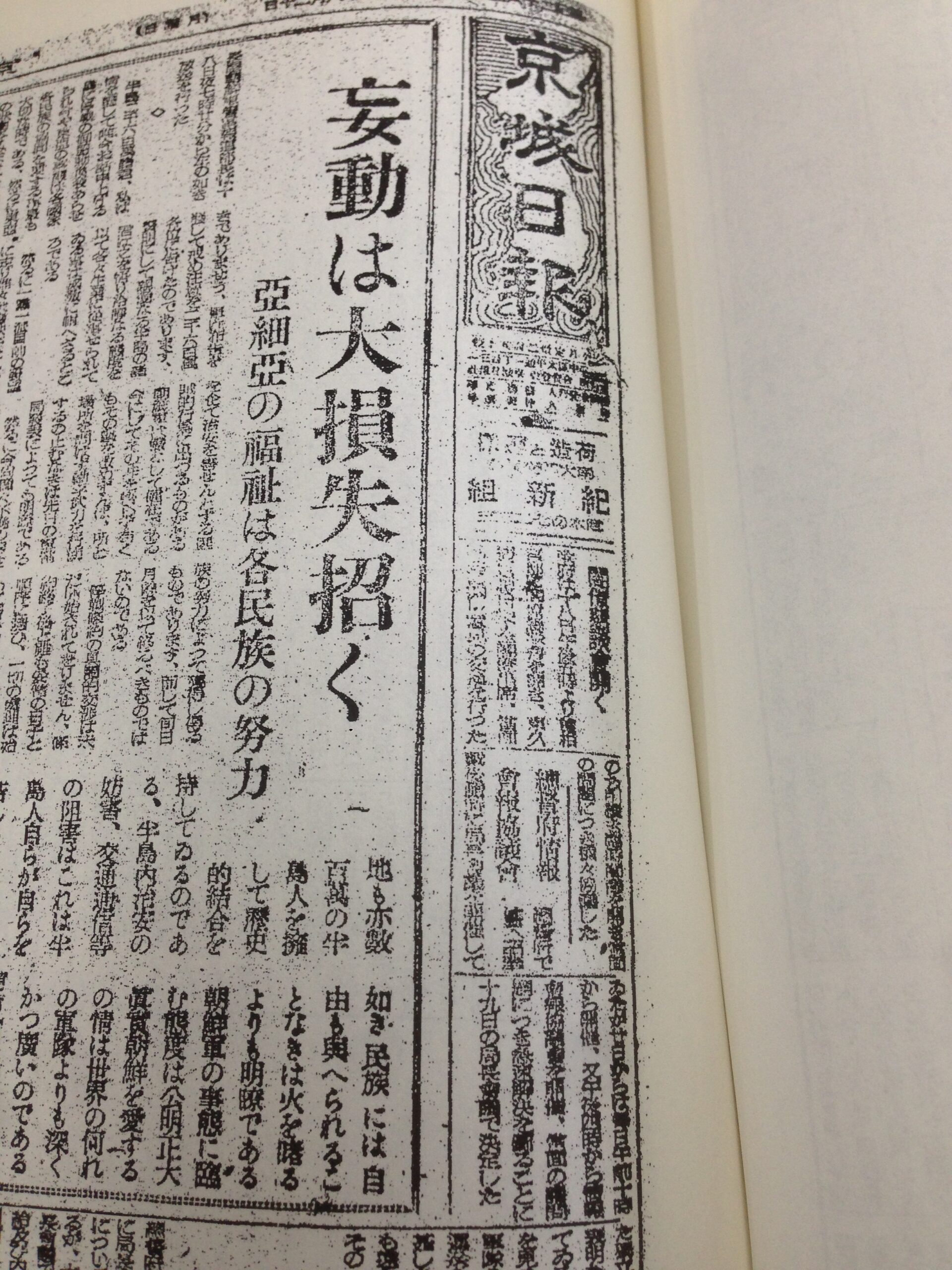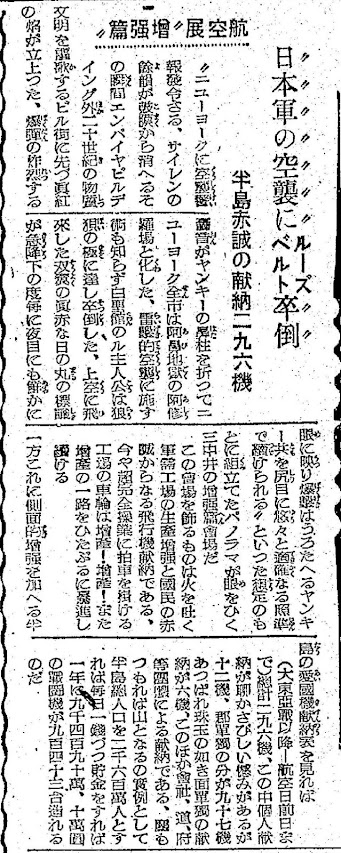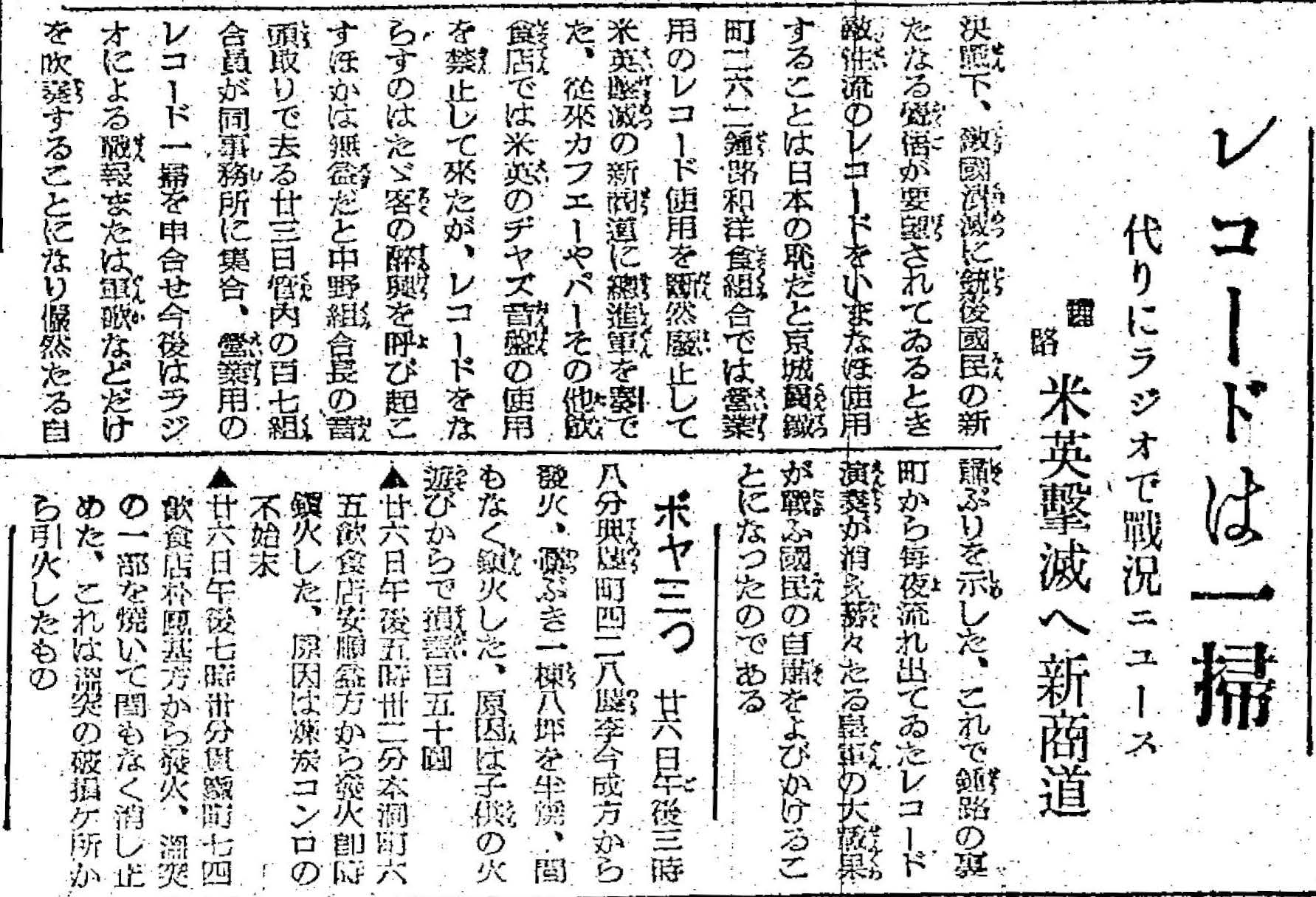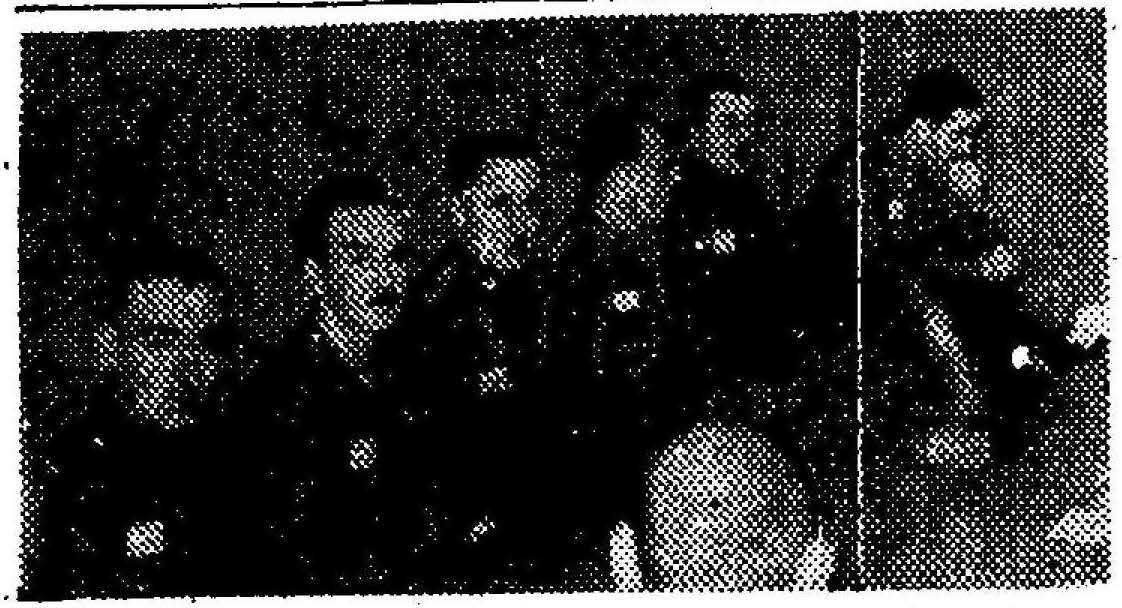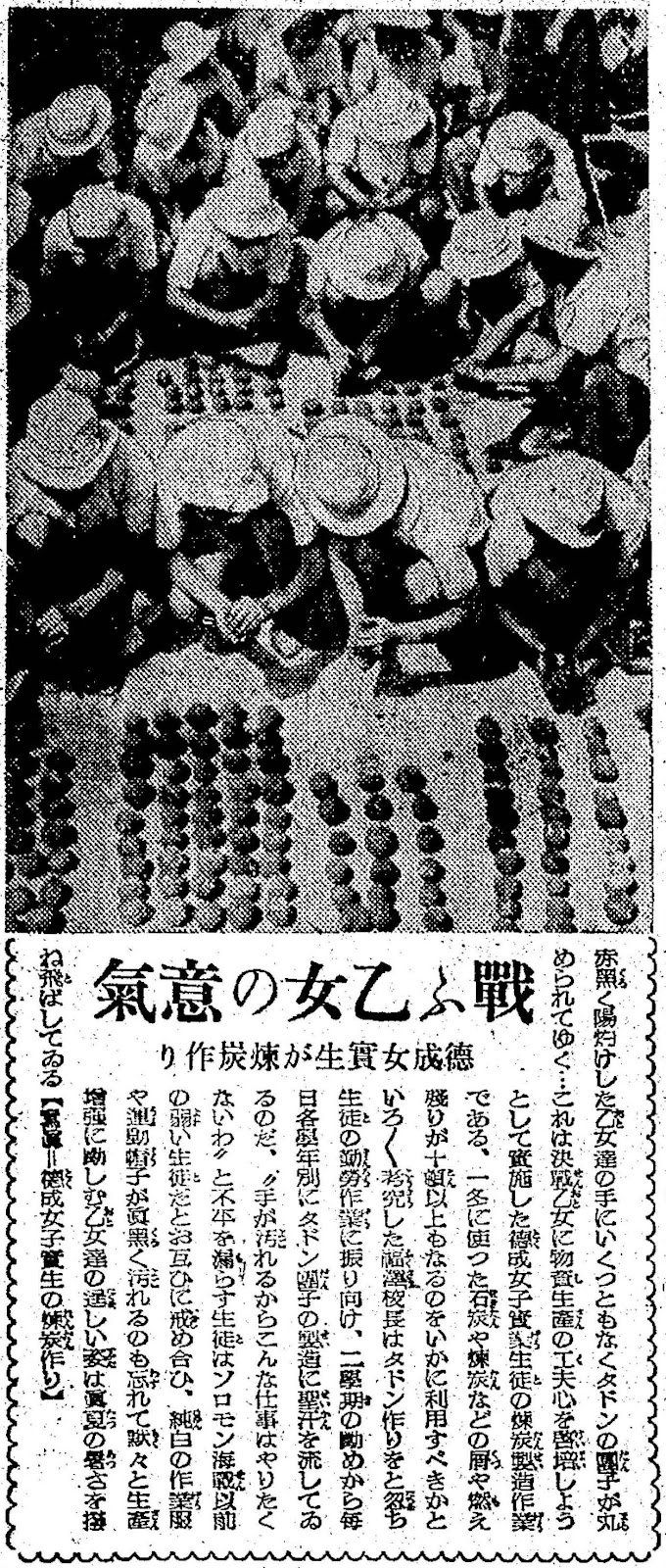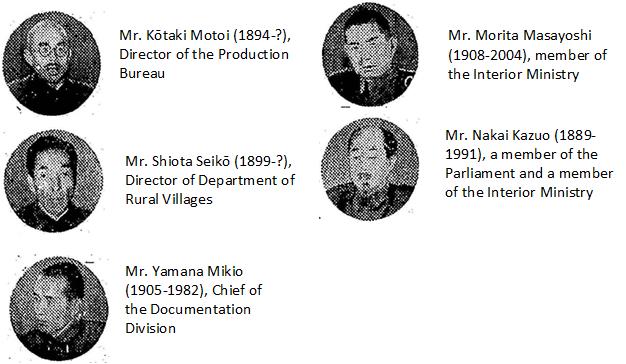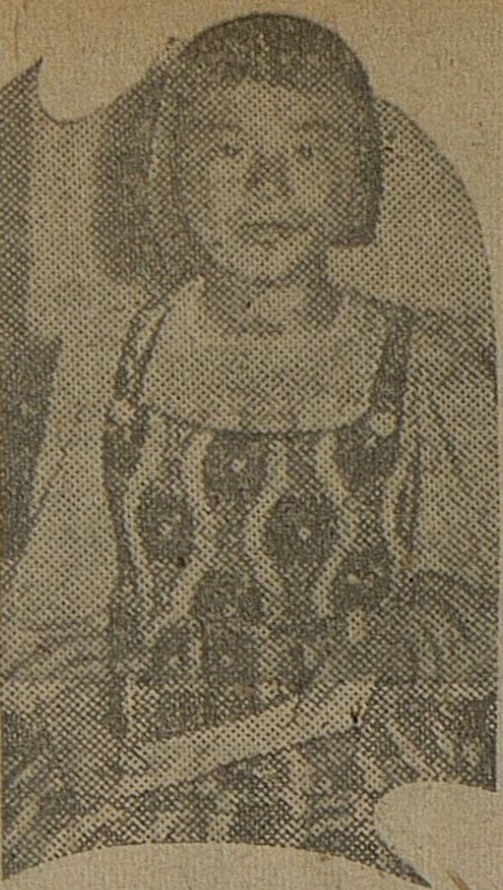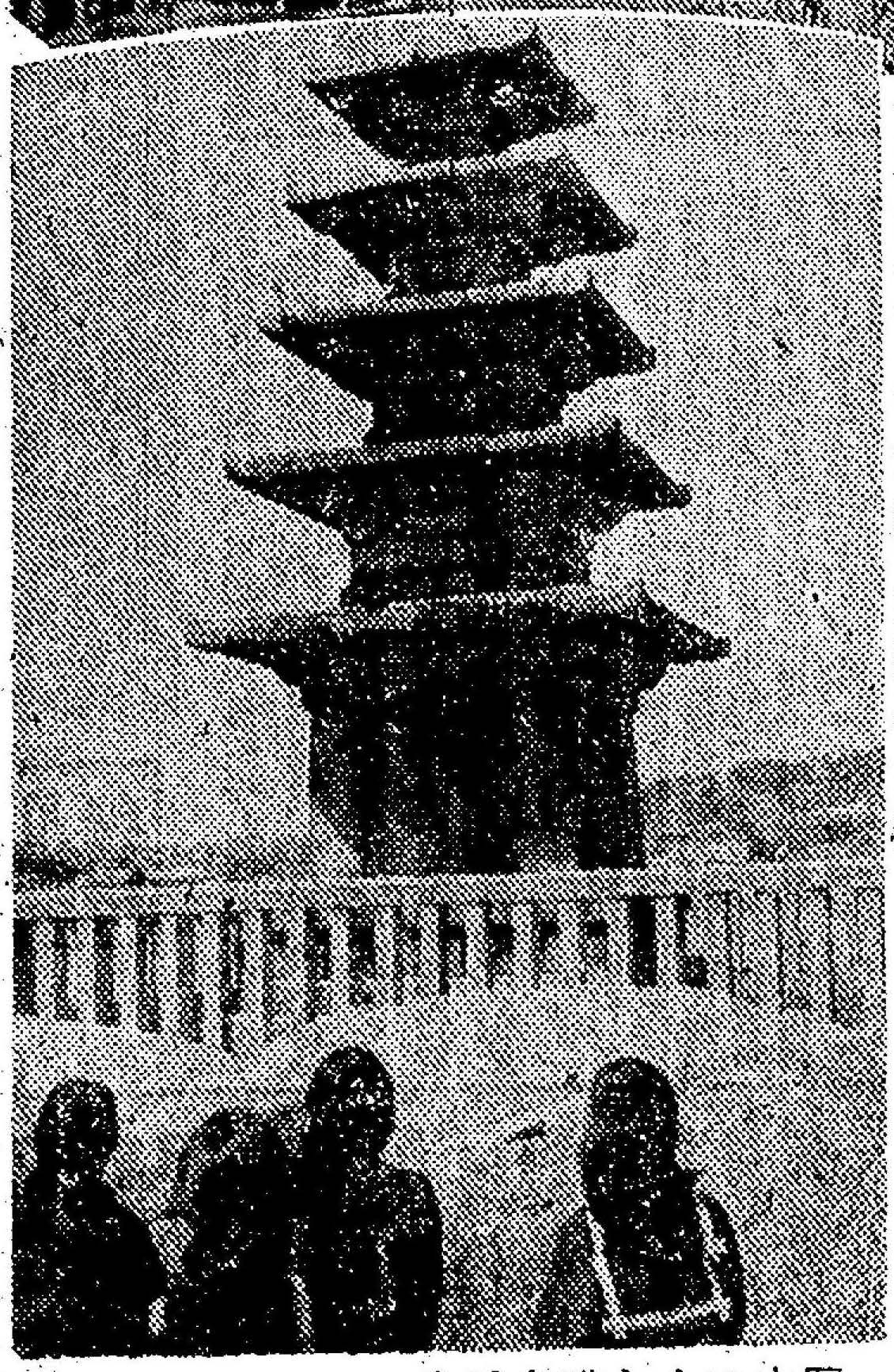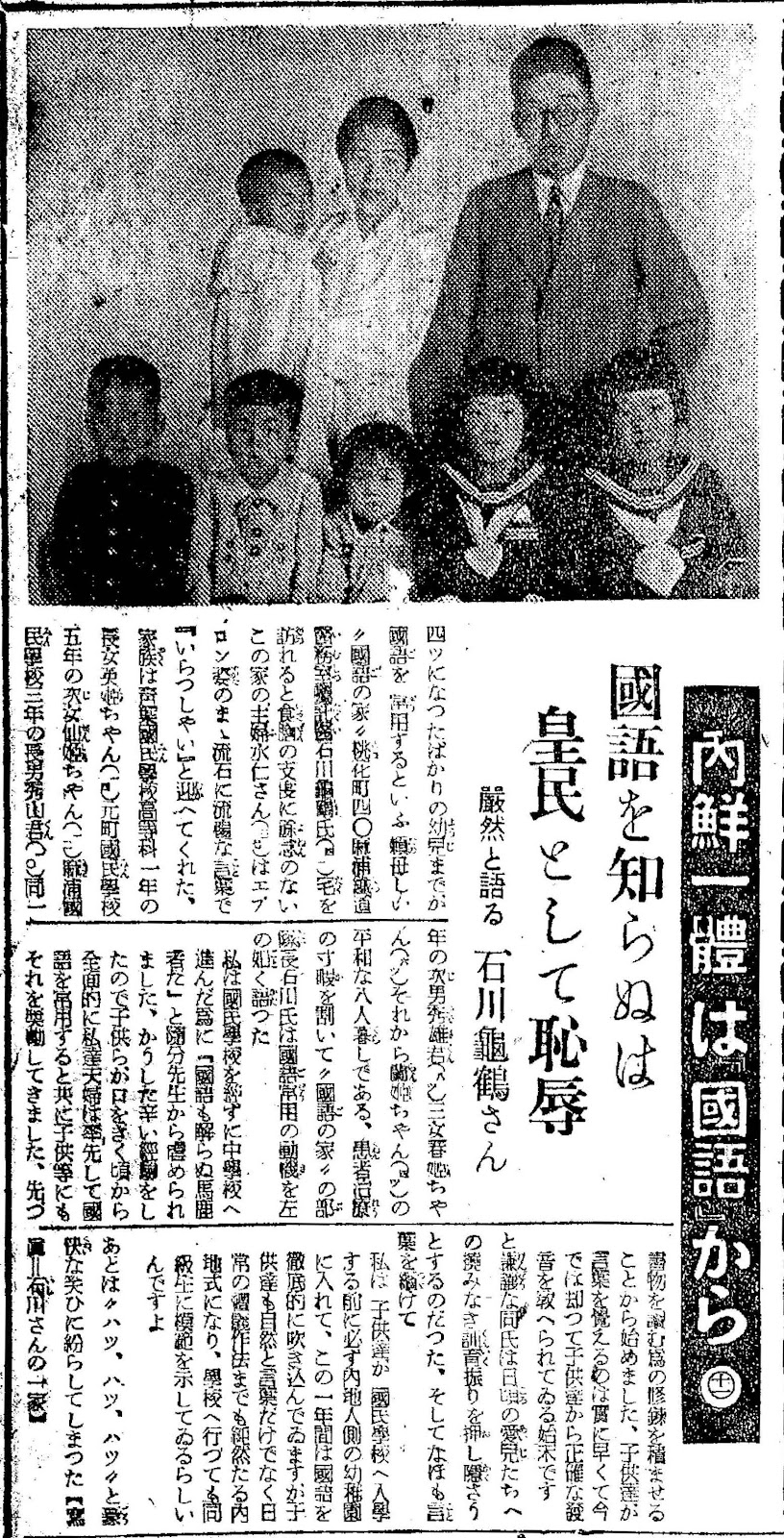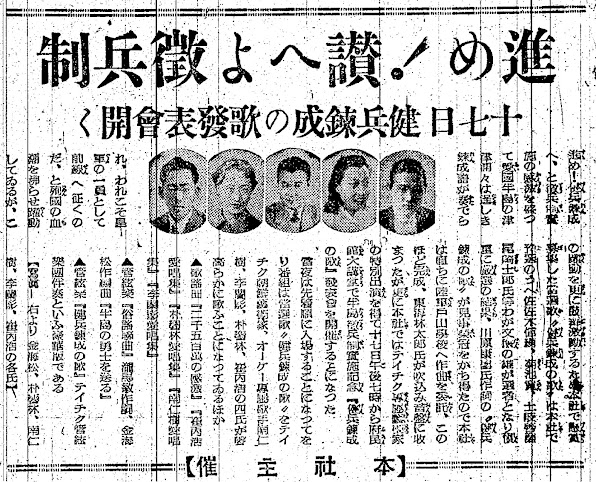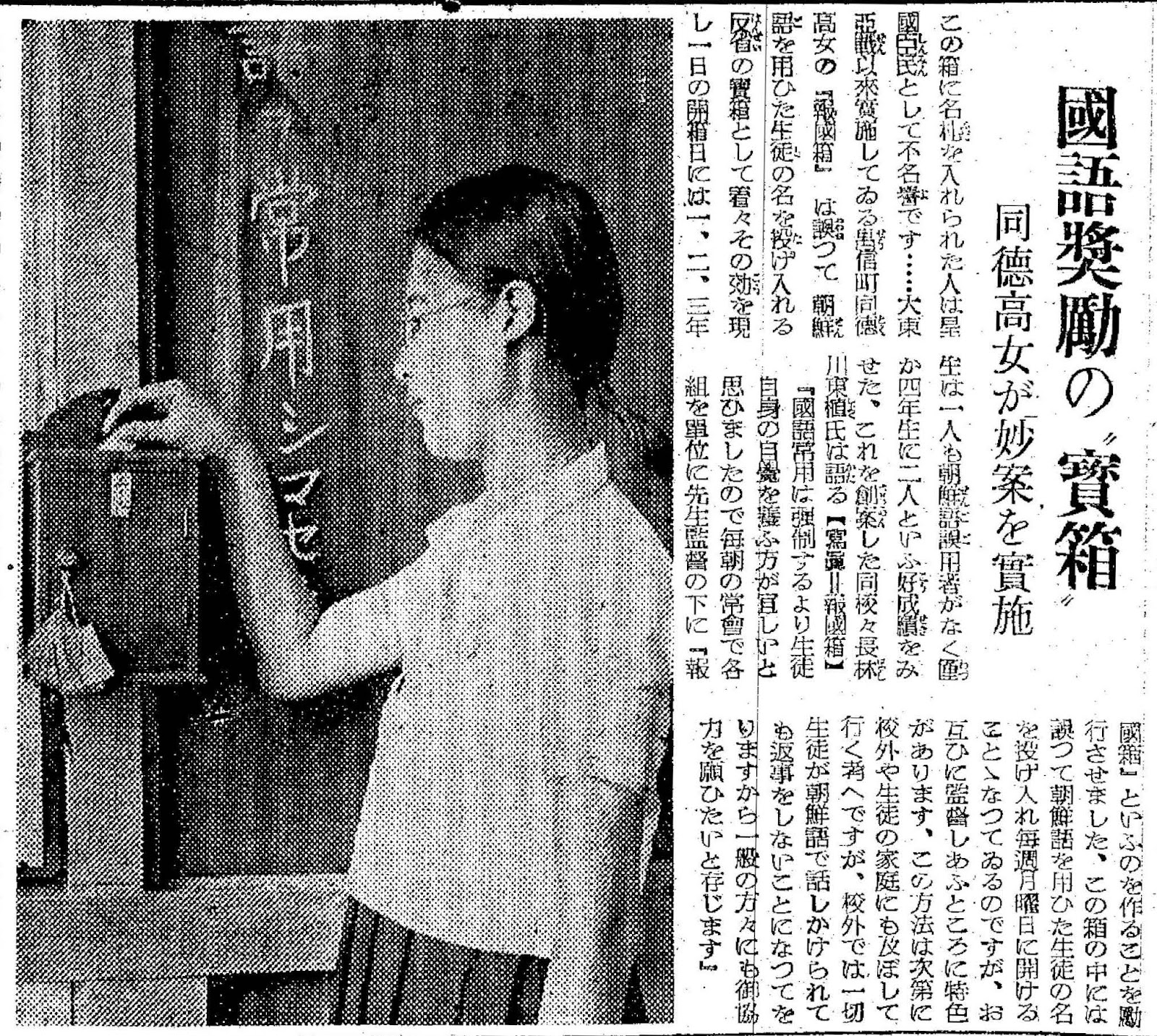
Korean high school student uses anonymous tip box to rat out fellow student who spoke Korean at school (Dongduk Girls’ High School in Seoul, June 1942)
Notes: In 1942, students at Dongduk Girls’ High School in Seoul were using an anonymous tip box to rat out fellow students who were speaking Korean in school. According to this Japanese language academic paper, as of May 1943, there were 711 Korean students and 25 teachers at Dongduk Girls’ High School. Of the 25 teachers, 21 were ethnic Korean (11 men, 10 women), and 4 were ethnic Japanese (2 men, 2 women). (see http://hdl.handle.net/10112/2235)
(My translation)
Gyeongseong Ilbo (Keijo Nippo), June 3, 1942, page 4
A “treasure box” to encourage the use of the Japanese language / Dongduk High School girls implement a strange idea
Those whose name tags are placed in this box will be disgraced as unworthy of being subjects of the Imperial State. ・・・・ The “Hogoku Box” at Dongduk Girls’ High School in Changsin-dong, which has been in operation since the start of the Greater East Asian War, has been steadily showing its effectiveness as a treasure box of reflection for throwing in the names of students who have mistakenly used the Korean language. On the first day of opening the box, no first, second, or third-year students, and only two fourth-year students were found to have mistakenly used the Korean language, which was a good result. The school’s principal, Hayashikawa Toshoku, who conceived the idea, said the following: (Photo: Hogoku Box)
“I thought it would be better to cultivate students’ awareness of the importance of using the Japanese language rather than forcing them to do so, so I encouraged each class to make a “Hogoku Box” under the supervision of the teacher at the regular morning meeting. In this box, the name of the student who mistakenly used Korean was thrown in, and the box was to be opened every Monday, with the students supervising each other. This method will gradually be extended to outside the school and even to the students’ homes. Since students are not supposed to respond to anyone who speaks to them in Korean outside of the school, we would like to ask for the cooperation of the general public.”
Source: https://archive.org/details/kjnp-1942-06-03/page/n2/mode/1up
(Transcription into modern Japanese orthography)
「京城日報」1942年6月3日付4面
国語奨励の”宝箱”/同徳高女が妙案を実施
この箱に名札を入れられた人は、皇国臣民として不名誉です。・・・・大東亜戦以来実施している昌信町同徳高女の『報国箱』は、誤つて朝鮮語を用いた生徒の名を投げ入れる反省の宝箱として着々とその効を現し、一日の開箱日には一、二、三年生は一人も朝鮮語誤用者がなく、僅か四年生に二人という好成績をみせた。これを創案した同校校長林川東植氏は語る。【写真=報国箱】
『国語常用は強制するより、生徒自身の自覚を養う方が宜しいと思いましたので、毎朝の常会で各組を単位に、先生監督の下に『報国箱』というのを作ることを励行させました。この箱の中には誤つて朝鮮語を用いた生徒の名を投げ入れ、毎週月曜日に開けることとなっているのですが、お互いに監督しあうところに特色があります。この方法は次第に校外や生徒の家庭にも及ぼして行く考えですが、校外では一切生徒が朝鮮語で話しかけられても返事をしないことになっておりますから、一般の方々にも御協力を願いたいと存じます。』
